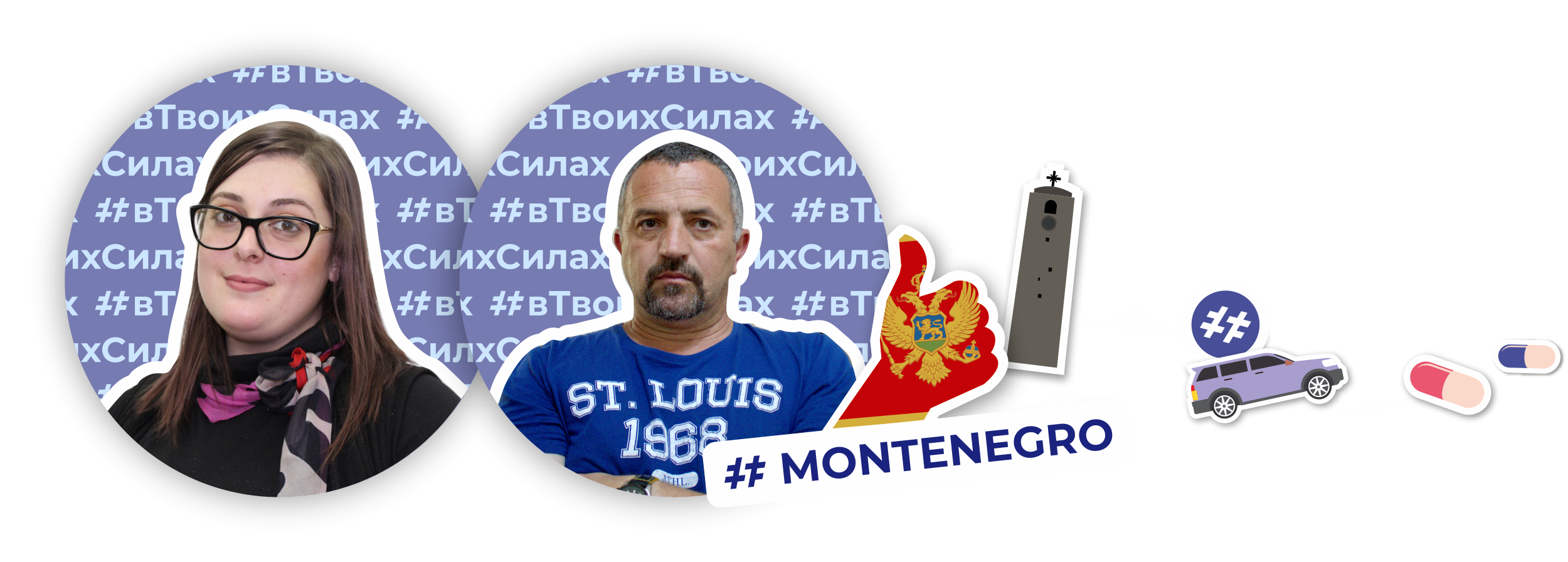Kyrgyzstan is one of many countries affected by COVID-19. Already in mid-March, an emergency situation was announced in the country, and in April – a public emergency regime. Difficulties arose from different angles. We are a young foundation and faced similar situation for the first time.
Continue readingCannot meet up? – Go online!
I work in Tanadgoma as a social worker. I also collect cases of human rights violations in the REAct system: if something bad happens, members of my community contact me and we help the victim. Due to the state of emergency and quarantine, I can no longer come and communicate with members of my community.
Continue readingSmaller teams – more sustainable services
Preventive measures in Georgia were quite strict from the very beginning. We had to find a solution to continue working, as our clients really need us.
Continue readingExpansion and modification of HIV prevention services in Montenegro
COVID-19 has influenced harm reduction programs at so many levels and has led to a new design of these programs in line with the new challenges, needs and barriers that key populations vulnerable to HIV have begun to face.
Continue readingProactive work in COVID-19 counteraction
Uzbekistan is taking a rigorous approach to tackling the coronavirus pandemic. The closure of cities, the ban on travelling in cars and public transport, rigid self-isolation. Such measures could endanger those who need ongoing support, such as people on ART. You can’t buy it in pharmacies of Uzbekistan. The main task was: how not to lose the lives of people with HIV, saving them from COVID-19?
Continue readingCouriers in cars rush to the rescue
The coronavirus pandemic has led to the fact that many people who need regular visits to health visits, were simply locked up, on self-isolation. This directly affects the needs of people living with HIV, and disruptions in antiretroviral therapy schedules jeopardize their health and even life.
Continue readingHome delivery of life
During the aggravation of the situation with COVID-19 and the regime of self-isolation in the Chelyabinsk region, the issue of providing vital medicines to HIV patients became acute. The health and life of a person living with HIV directly depends on the daily use of ART, as well as a lean attitude to their health. The necessary medicines can only be obtained at a medical facility.
Continue readingART delivery in Yekaterinburg
Like all citizens, during the COVID-19 pandemic, people living with HIV are recommended a self-isolation regime. More than 50,000 PLHIV and more than 30,000 PLHIV who receive ART are constantly living in Yekaterinburg. The main tasks faced by medical and public organizations in relation to the provision of HIV services: how to reduce risks for program participants, how to rebuild existing services, how to receive ARVT in a timely manner, and what else needs to be supported in the new realities.
Continue readingEnsuring ART continuity in Moldova
During a pandemic, one of the main recommendations is not to leave home. But there are people who need to regularly take medications that are available only in health facilities to survive. Such people find themselves in a conflict situation: on the one hand, you need to get to the clinics, and getting into public transport, which runs less and less, is a threat to health in the current circumstances. Staying at home and interrupting treatment for PLHIV is a direct threat to life.
Continue readingEnsuring uninterrupted work of the therapeutic community in the penitentiary system and contact with relatives in COVID-19
During the pandemic, all penitentiary facilities almost stopped any contact with the outside world. Visits are prohibited, all educational activities provided by external organizations are also prohibited. The state of emergency increased the anxiety of the rehabilitation program participants because they were worried about those who stayed at home – parents, wives, children, brothers, sisters who are in danger.
Continue reading








